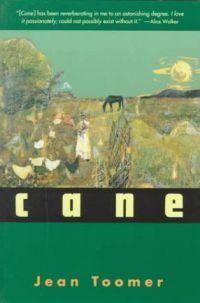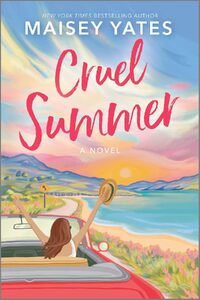

Purchase
Cane, August 1993
Trade Size (reprint)
Jean Toomer's novel Cane was published in 1923. This masterpiece of the Modernist style was inspired by Toomer's visit to Georgia.
Liveright Publishing Corporation
August 1993
138 pages
ISBN: 0871401517
Trade Size (reprint)
Add to Wish List
Fiction Poetry
This is a collection of related stories, sketches, poems,
and a one-act play by Jean Toomer, a little-known writer of
the Harlem Renaissance. The book is divided into three
sections. The first part of the book is a series of stories
that portray the lives of poor black women in rural Georgia.
They deal with such subjects as infanticide ("Karintha"),
miscegenation ("Becky"), hysteria ("Carma"), lynching
("Blood-Burning Moon"), and religious mysticism ("Fern" and
"Esther"). Taken together, these stories portray an
intuitive, violent, spontaneous, and pre-rational culture. The second part of Cane takes place in Washington, DC, where
Toomer depicts the life of urban black Americans in the
early 1920's. Here we encounter the conflict between
rationalism, as represented by the well-educated
"intellectuals," and traditional lifestyle and morality. The
best stories in this section include, "Avey," "Theater," and
"Box Seat." The last section is a one-act play ("Kabnis")
about two urban black writers attempting to establish a
contemporary "Negro identity" in light of the repression and
suffering of their people. One is overwhelmed by negativity
and a sense of victimization, while the other man believes
that the past can be transcended, especially through the
power of art.
Comments
No comments posted.
Registered users may leave comments.
Log in or register now!
| 


 © 2003-2025 off-the-edge.net
all rights reserved Privacy Policy
© 2003-2025 off-the-edge.net
all rights reserved Privacy Policy